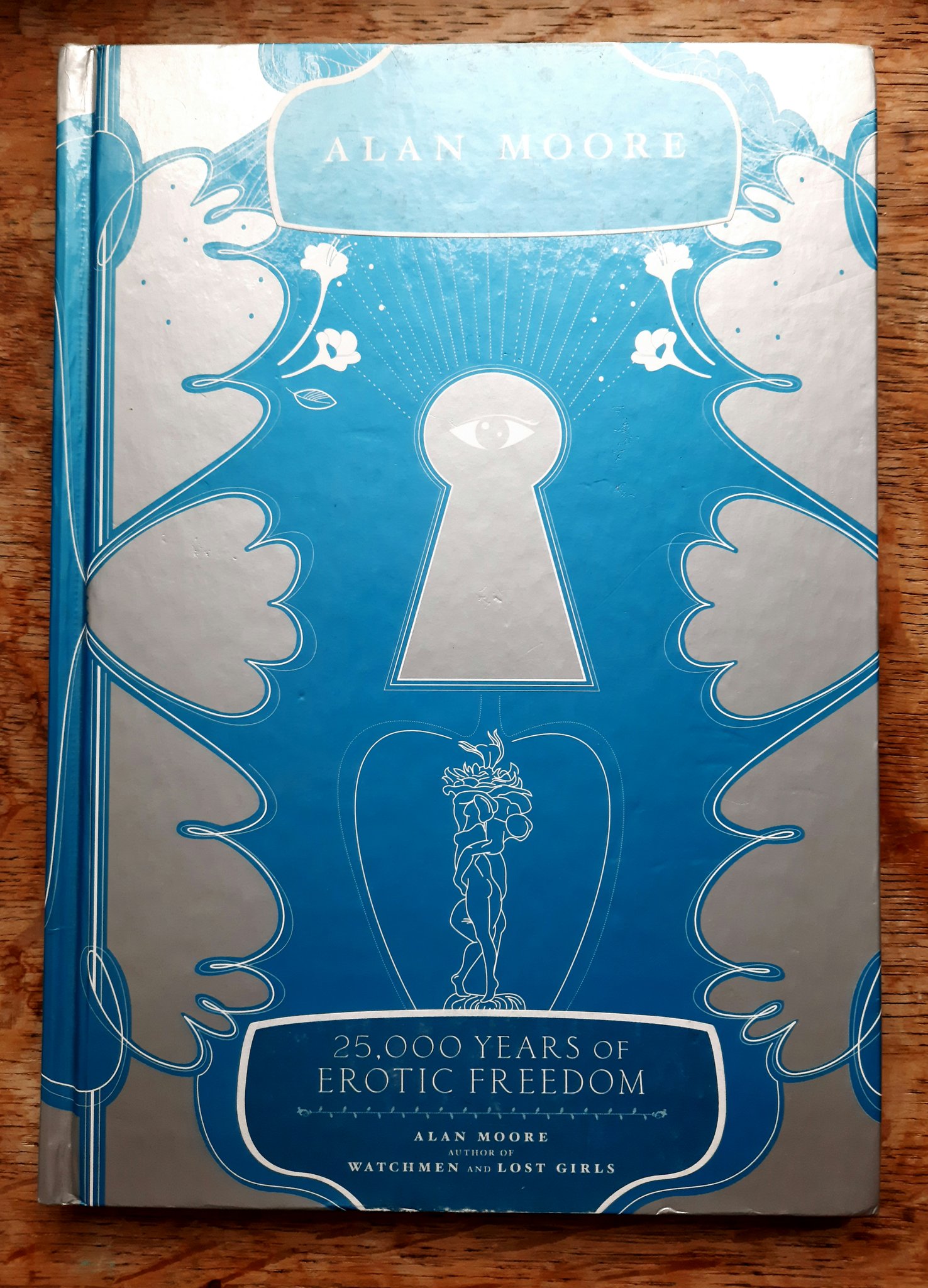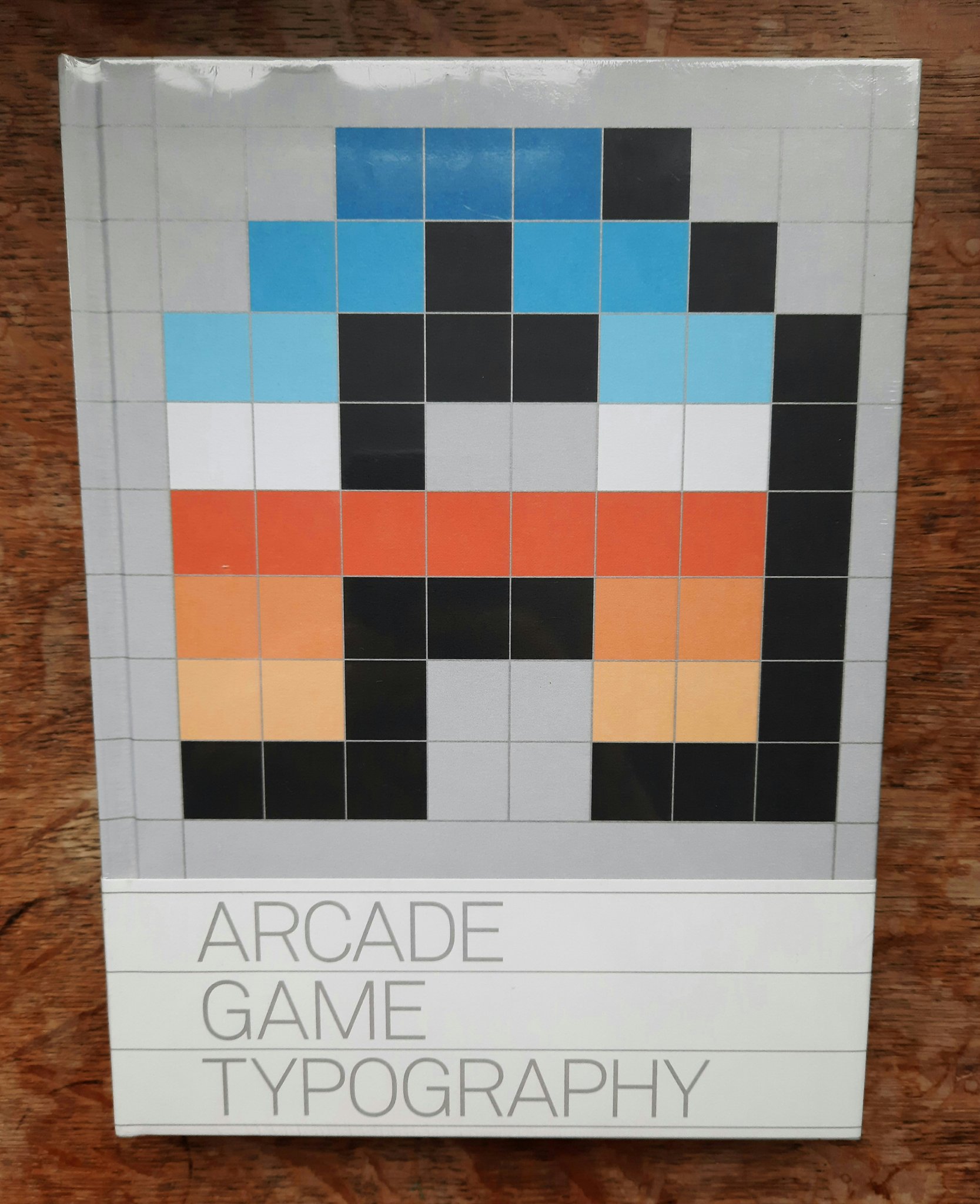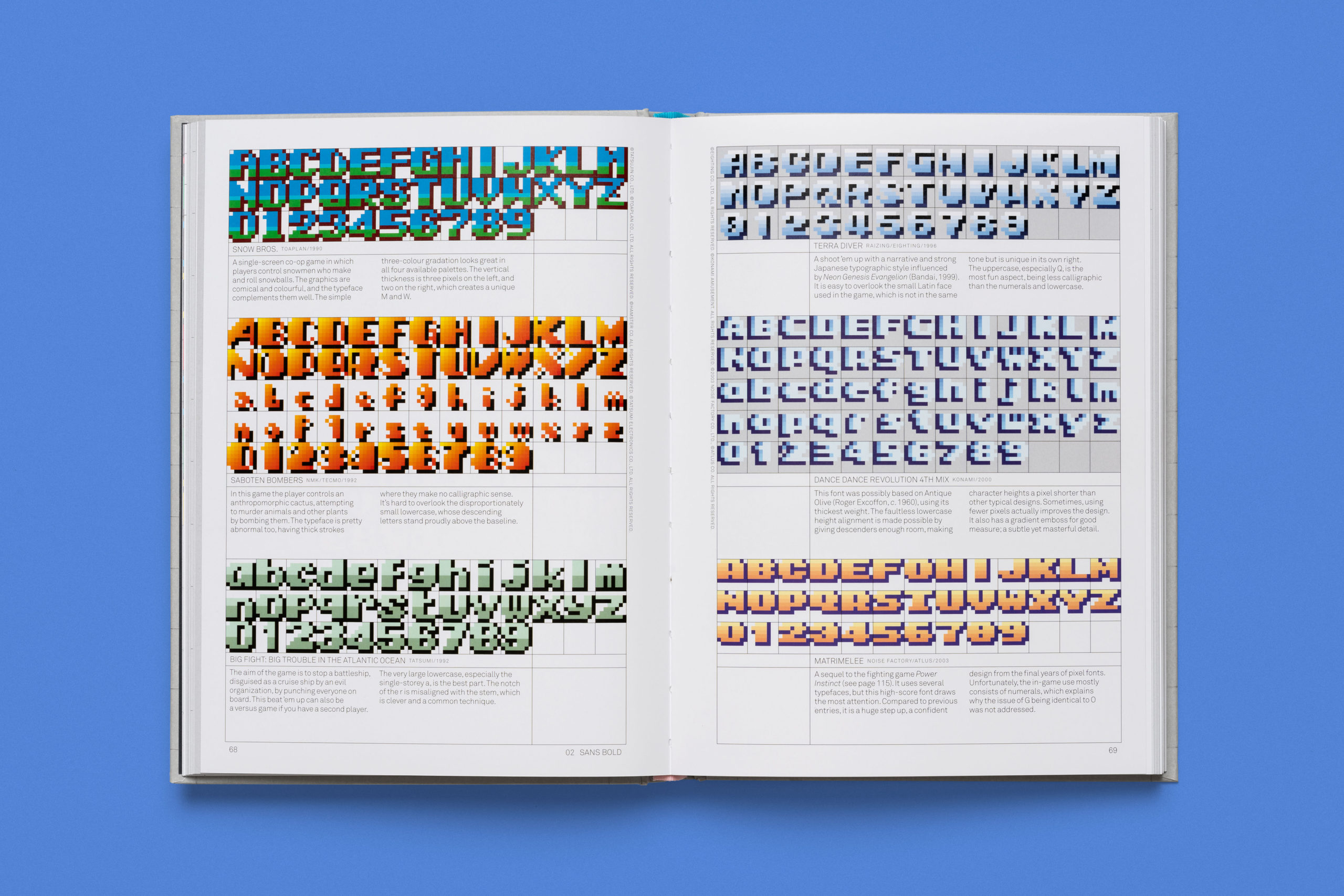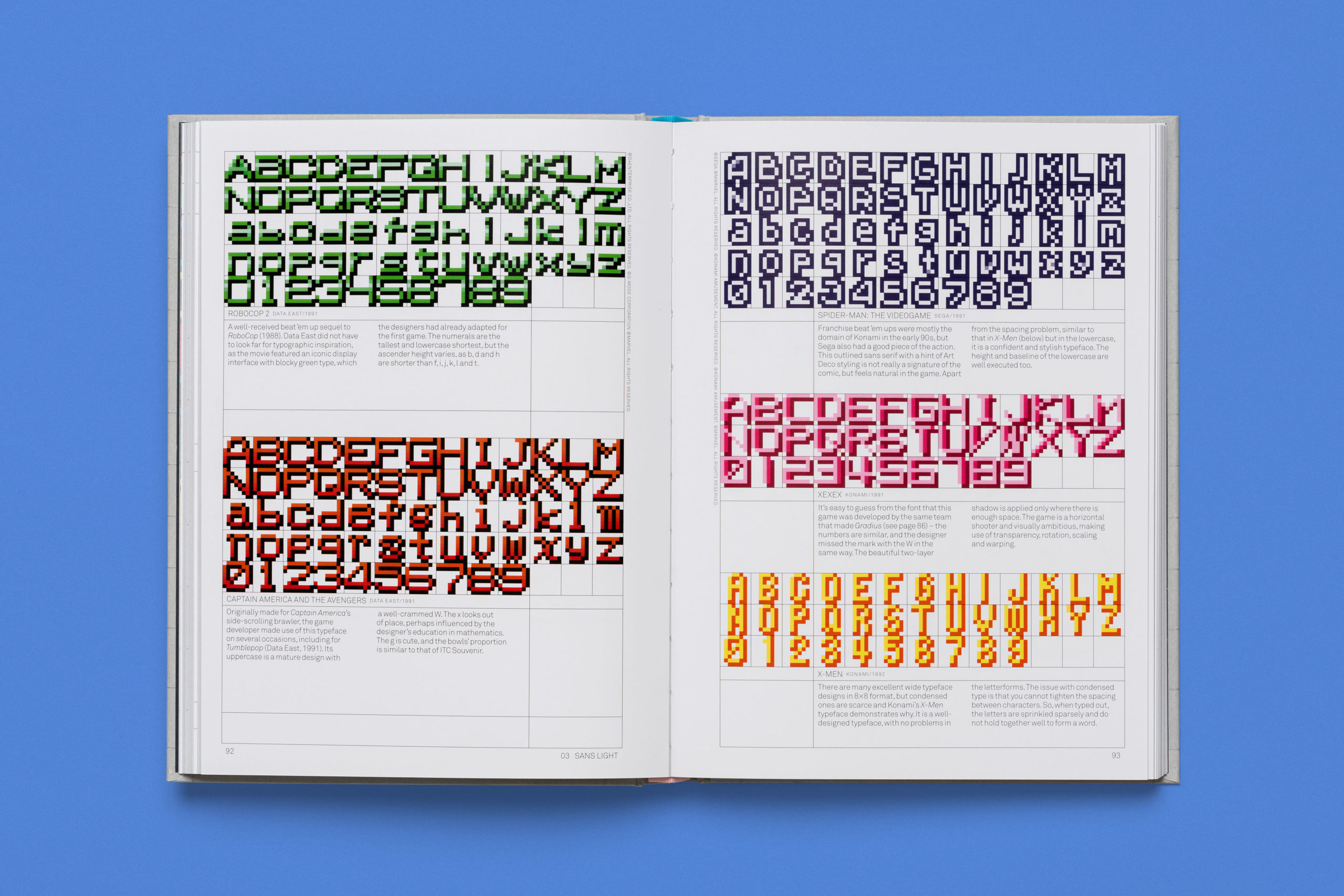I’ve been meaning to for years, and I finally got to the Red Dwarf novels by Rob Grant and Doug Naylor from the early 90s, which are a mixed bag.
The first one, Infinity Welcomes Careful Drivers, starts as a much more expanded version of the pilot, giving Lister and Rimmer more backstory, explaining how and why Lister got on board, spending much more time on their lives before the accident, etc.
It works well, even if the writing is a bit too similar to Hitchhiker’s at times.
The second half works less well, mashing up several episodes of the show (Future Echoes, Kryten, and Me²) and trying to fit a continuing narrative to them. It almost works, and seems to be heading for a climax that resolves the various plot threads that are set up, but then they just give up and make the last part of the book a version of Better Than Life, with the crew trapped in a VR game that fulfils their desires.
One issue with the second half of the book is that they seem to constantly forget the Cat is around. After his initial appearance, he’s only in three or four scenes in the rest of the novel, and never impacts the plot at all. They have slightly more success on including Kryten in stories he wasn’t originally in, but only slightly.
Weirdly, the first book doesn’t end with them leaving their VR Prison, and leads directly into the second book, Better Than Life.
I was worried that this would be entirely set in the VR world, but thankfully it’s only the first third. That’s still too much, as there’s little in there that wasn’t covered in the previous novel, and the point that Rimmer hates himself can only be made so many times.
Even more annoyingly, after that rough start, the rest of the book is surprisingly great. It’s mostly another mash-up, mixing White Hole (without the white hole parts) with Marooned, Polymorph, and (briefly) Backwards, but it makes much better use of the cast, and goes in some interesting original directions.
It’s a surprisingly dark book, while still being funny. It’s just a shame that the opening third is so bad.
After that is where it gets weird. Grant and Naylor had stopped writing together, so they decided that rather than pick one of them to write the sequel to Better Than Life, they each wrote their own sequel, completely contradictory to each other.
Naylor’s book, Last Human, is an attempt to do a less comedic Red Dwarf, and it doesn’t work at all for me.
The lack of humour wouldn’t be so bad if it had a good story, which it doesn’t. It’s mostly an original story, so rather than a mix of existing episodes, it’s a mix of well-worn genre clichés, such as evil twins and long-lost sons.
Despite being less of an adaptation of existing episodes (there are part adapting DNA and Emohawk: Polymorph II that feel completely out of place), Naylor still brings in elements from the show since the last book, like the lack of Red Dwarf and Holly, and Rimmer being hard-light, as well as things he would add to the show later, such as Kochanski joining the crew, and “positive” viruses.
After going to the bother of adding Kochanski to the cast, Naylor fails to give her literally any characteristics at all. Practically everything she says (and it’s not a lot) is generic dialogue that any other character could be saying. This is demonstrated by the one role she has in the plot, taking the luck virus near the climax, being given to Rimmer with almost no changes when they put it into the TV show a few years later.
It’s mostly a Lister book, and the other characters largely feel out of character, often just acting to further the plot rather than what it ever feels like they would actually do, which is especially frustrating when the plot is so hard to follow.
Most of the attempts at genuine emotion fall flat, due to the thinness of the characters and the confusing plot, as well as the sense that anything bad that happens to the main cast will be quickly undone anyway.
It’s trying to do new an interesting things, but it’s a complete miss for me.
The Rob Grant third book, Backwards, is much more in line with the first two, if not as successful. It’s based on stretched out versions of the Backwards and Dimension Jump episodes, though the actual plot is mostly original, with a new set of cyborg villains, the Agonoids.
Despite being written separately to Last Human, there’s some odd parallels, in that both bring in alternate versions of the main characters: Evil Lister in Last Human; Ace Rimmer here. Ace works better, but I wish the book spent more time with regular Rimmer to drive home the comparisons.
The main problem with the Backwards part of the book is that the Backwards world doesn’t make much sense, and spending so much time contemplating the logistics of it doesn’t help. The opening “reverse chase” sequence is far too long and hits the same beats over and over. The idea later in the book of them spending so much time in Backworld that Lister and Cat revert to being teenagers is fun, but the characters as they usually are are so immature that it’s hard to tell the differences.
I listened to the audiobook version of the novel, which eliminates a large section in the third act adapting the Gunmen of the Apocalypse episode. I’m not sure if Kryten and Rimmer’s deaths work better in that version; it comes across as very harsh and out of keeping with the tone here. The ending is actually fairly similar to a standard Rick and Morty concept, where the universe at the end of the story is screwed up, so Lister and Cat jump to another one where things are slightly better (except that their counterparts died at the end of the first book).
Overall, it’s a decent book, which is a bit slight until its suddenly super-dark ending. Better than Last Human, but nothing in it is quite as good as the best parts of the first two novels.
I listened to the audiobooks of all of these, though only the first two, read by Chris Barrie, are available officially digitally. Barrie’s a great narrator, and his impressions of the rest of the cast are uncanny.
The other two audiobooks were apparently only ever released on cassette. They’re on Youtube now, and they suffer for the lack of Barrie: Craig Charles reads Last Human, and his attempts at the voices range from dodgy (Cat, Kryten) to non-existent (Rimmer, Kochanski).
Backwards is read by Rob Grant, who’s an okay narrator. His voices don’t match the actors, but are distinctive and recognisable enough.
Anyway, I’m glad I read the series, and wish there was more. It’s put me in the mood for a rewatch, which I haven’t done since before Red Dwarf X.
3 users thanked author for this post.












